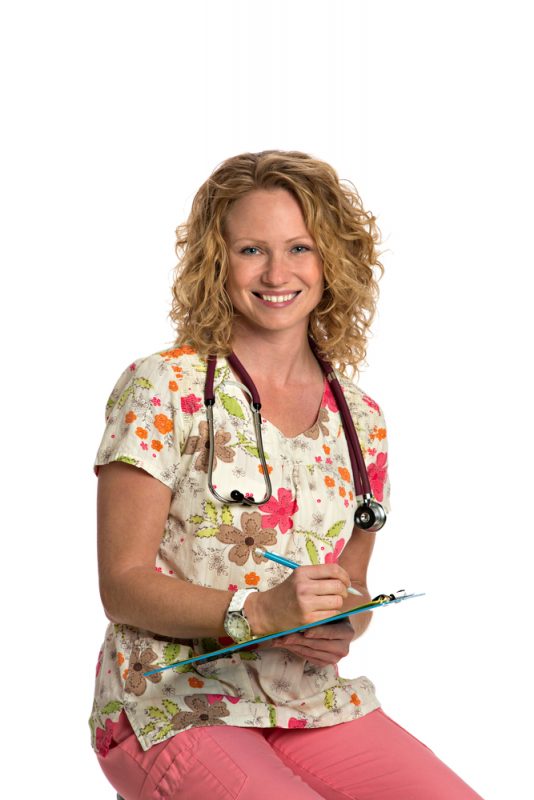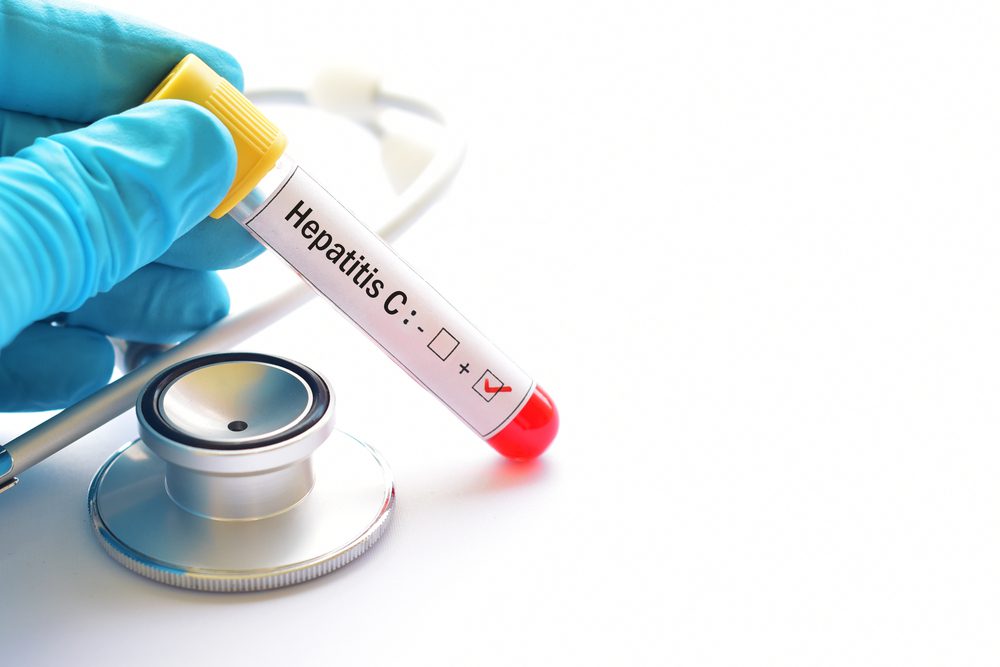In the past, nurses wore what most people think of as the classic nurse uniform consisting of a starched white dress and cap. Descended from the original nurse uniform, the nun habit, one of Florence Nightingale’s students designed the look of the cap and dress during the early 20th century. Nurses worldwide donned the nurse gown in various forms until a new option emerged toward the end of the century. Initially worn by surgeons, scrubs gained popularity as a clothing option for nurses in the late 1990s. Nurses wear scrubs because they are economical and easy to clean. In addition, many companies provide comfortable, stylish scrubs for women so they can feel good about their appearance at work while caring for patients.
1. Scrubs Are Economical
Nurses wear scrubs because they are cost-effective. The amount of time nurses spend wearing their scrubs makes the typical price point budget-friendly. Nurses can find scrubs at different price points, with many high-quality options costing less than $50 per item. Quality scrubs are well worth the slightly higher cost because they last longer and don’t wear down as fast as cheaper options with all the washing and daily strain of healthcare work.
Scrubs hold up against the strong chemicals and industrial methods used to wash and sanitize them. When made of polyester, scrubs also wear well despite the variety of substances they come into contact with during the day, making them an affordable healthcare uniform. Additionally, because scrubs are extremely affordable, they are easily replaced once worn out. You can use your old scrubs in non-medical settings, like while painting your living room, or donate them to charity, where they may be used in an animal shelter as bedding for dogs or cats. If you are someone who wears plus size scrubs, be sure to look for ones made of polyester as they will stand up against daily wear and tear and can easily be replaced when needed.

2. Scrubs Are Easily Identifiable
Nurses wear scrubs because they provide easy identification to other staff and patients. In hospital settings, nurses can be required to wear solid-colored scrubs in a specific color to identify which department they work in. This is helpful for patients, doctors and other staff who need to quickly determine available nurses in their location. Nurses who work in less formal settings, such as rehab centers or nursing homes, can sometimes wear scrubs with various cute and stylish designs. This helps them stand out to patients and shows off their personalities at the same time. Whatever type of environment you wear scrubs in, they quickly identify you as a medical professional.
3. Scrubs Create a Sterile Environment
Originally used by surgeons to create a sterile operating environment, scrubs hold the same purpose for nurses today. High-quality nursing scrubs are made from a blend of polyester and spandex. Polyester is an antimicrobial fabric that prevents bacteria and viruses from attaching to the scrub’s surface, growing inside the fabric and being transferred to other areas in the environment. Additionally, scrubs are easily cleaned with a high-powered antimicrobial laundry additive which boosts their ability to provide nurses with clean, sterile attire that keeps their patients healthy. Because nurses work with many patients during the day, many of them immunocompromised and susceptible to infection, creating a sterile environment is of the utmost importance and one of the main reasons nurses wear scrubs.
4. Scrubs Are Practical
Nurses love to wear scrubs because they are practical and often feature elements designed specifically for work in the medical field. These uniforms are comfortable yet possible to wear for long durations, which is critical to staying focused during a 12-hour shift. These are a handful of nurse-centric features included in many scrub designs:
● Ample Number of Pockets
Nurses are constantly moving around with no ability to store personal items or medical equipment they need to carry with them. Scrubs typically provide several pockets where nurses can store their phone, a pen or a patient’s prescriptions. Ideally, your scrubs should have pockets on both the top and pants to ensure you have sufficient space to carry your essentials throughout the day. Deeper pockets are useful in preventing items from falling out or getting lost during a shift.
● Bungee Loops
Bungee loops are convenient elastic elements that give nurses another way to carry important instruments around with them. You can attach your badge, hand sanitizer, watch, scissors or medical tape to these bungee loops for quick access.
● Antimicrobial and Moisture-Wicking Properties
When made from a high polyester content blend, scrubs are both antimicrobial and moisture-wicking. Antimicrobial properties limit the nurse’s risk of exposure to bacteria, while moisture-wicking properties keep them from sweating during their shift.

5. Scrubs Protect Personal Safety
Nurses wear scrubs to protect their personal safety. Without scrubs, nurses may still be required to wear uncomfortable dresses or regular clothes, neither of which provides much protection for the wearer. Classic nurse uniforms left nurses’ knees and arms exposed, allowing bodily fluids to touch their skin. Today’s scrubs do a good job of protecting the wearer’s skin from the transmission of bloodborne pathogens like Hepatitis C, Hepatitis B, and HIV, making them the right choice for personal protection. The modest design of today’s scrubs means nurses remain covered in critical areas where fluids might splatter.
6. Scrubs Are Modern and Comfortable
Nurses wear scrubs because they look modern and feel comfortable. The classic uniform may have looked prim and proper, but it wasn’t focused on giving nurses ease of movement and comfort. Scrubs offer nurses the ability to look professional, perform daily work, and even show off a little bit of their personality in the right setting.
Scrubs are designed to fit all types of nurses’ bodies in a flattering and comfortable way. They are loose enough that nurses can move around easily, and they are form-fitting enough that they don’t interfere with patient care. Scrubs are a modern healthcare uniform that keeps real bodies in mind while remaining professional and functional.
Scrubs Are a Smart Uniform Option for Nurses
Although some might idealize the stiff cap and starched dress of nurse uniforms past, scrubs are here to stay. Nurses wear scrubs because they are comfortable and modern, protect healthcare staff and patients from harmful pathogens and are budget-friendly. Nurses today handle a heavy workload that requires long hours and physical activity. Scrubs provide nurses with a smart uniform option to protect them throughout their shift.
